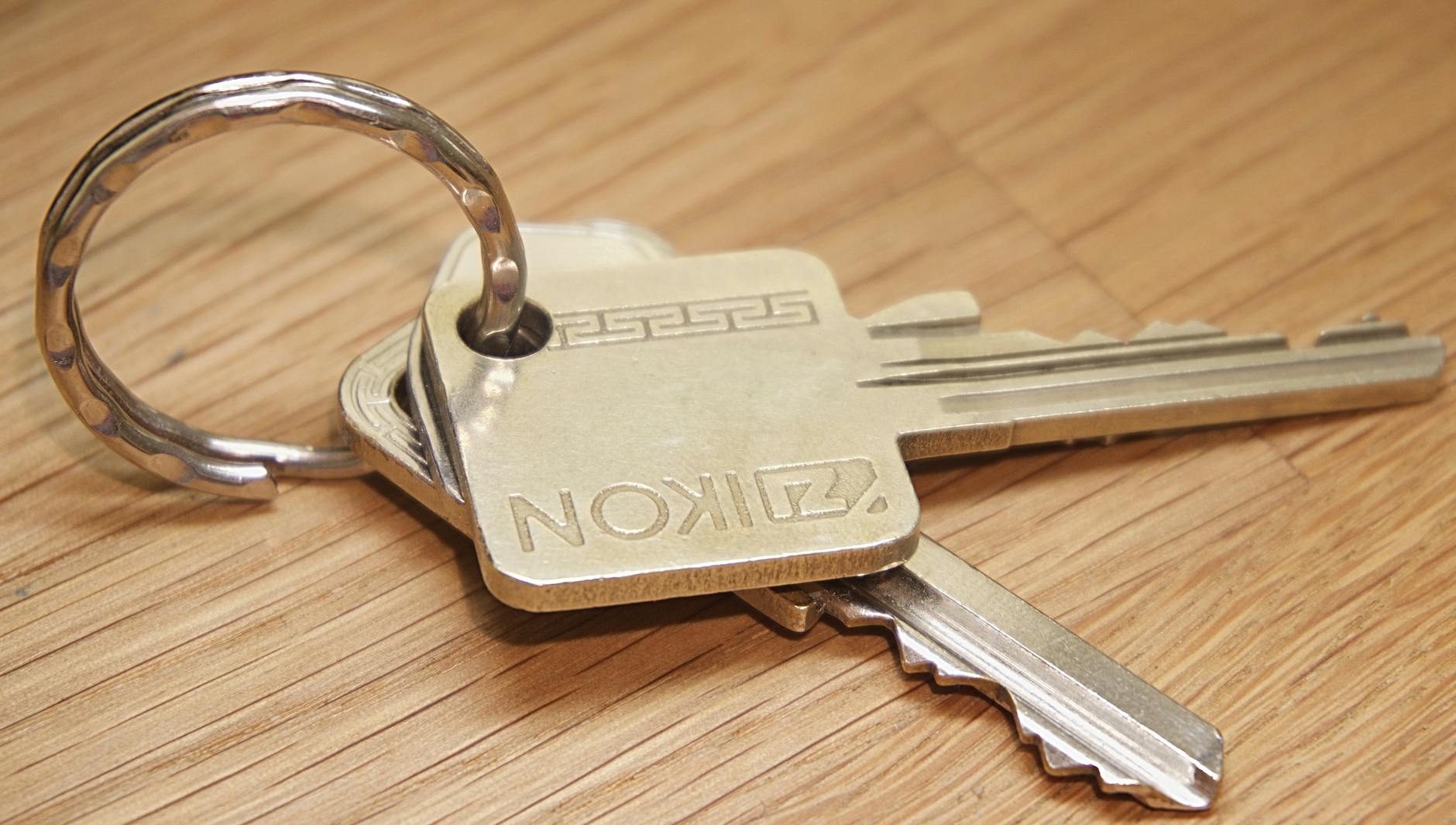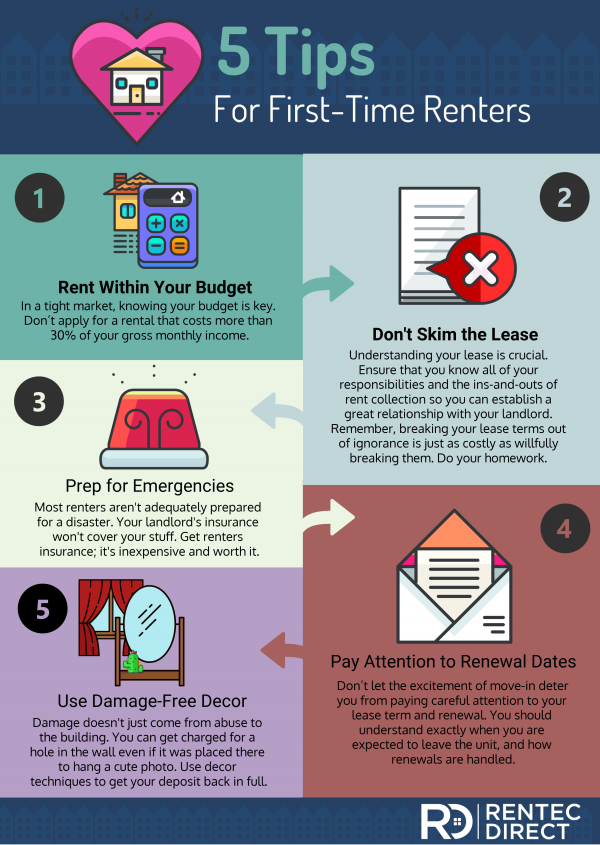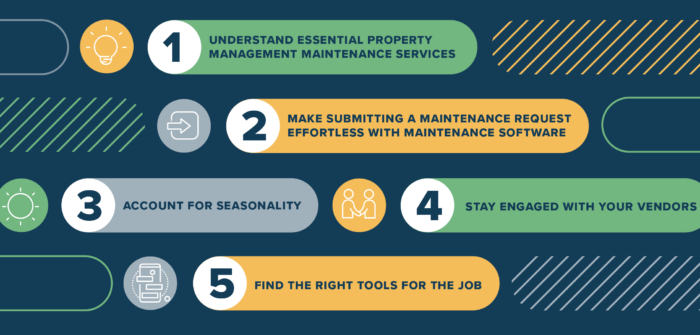Discover the proven strategies to elevate your rental management game and turn your properties into profitable investments with ease.

Image courtesy of Ingo Joseph via Pexels
Table of Contents
- Introduction: Becoming a Rental Management Superstar
- Tip 1: Know Your Property Inside and Out
- Find the Right Tenants
- Stay Legal and Compliant
- Effective Financial Management
- Tip 5: Embrace Technology
- Keeping Up with Maintenance and Inspections
- Handling Problems and Complaints
- Planning for Long-Term Success
- Conclusion: Putting It All Together
- Frequently Asked Questions (FAQs)
Introduction: Becoming a Rental Management Superstar
Welcome to the exciting world of rental management! If you’re looking to learn how to manage a rental property like a pro and achieve successful property management, you’ve come to the right place. Our expert tips are here to make managing rental properties easier and more efficient for you.
Managing a rental property involves overseeing various aspects such as finding tenants, handling maintenance, staying compliant with laws, managing finances, and utilizing technology. By following our tried-and-true advice, you’ll soon be on your way to becoming a rental management superstar!
Tip 1: Know Your Property Inside and Out
When it comes to managing a rental property, one of the most important things you can do is to know your property inside and out. Understanding every aspect of your property is crucial for effective management and ensuring the satisfaction of your tenants. Let’s delve into why this is so essential and how you can achieve success by knowing your property.
A. The Basics of Your Property
As a property manager, it’s vital to be familiar with the basics of your rental property. This includes knowing the layout, features, and amenities that make your property unique. From the number of bedrooms and bathrooms to any special features like a backyard or a swimming pool, having a good grasp of these details enables you to effectively market the property to potential tenants and address any inquiries they may have.
B. Regular Maintenance Checks
To maintain your property in top-notch condition and ensure the comfort and safety of your tenants, conducting regular maintenance checks is a best practice. Regular inspections allow you to identify issues early on, address any repairs or maintenance needs promptly, and prevent small problems from escalating into major costly issues. By staying proactive with maintenance, you can uphold the value of your property and provide a pleasant living environment for your tenants.
Find the Right Tenants
When it comes to managing rental properties efficiently, finding the right tenants is crucial. To achieve this, you need to establish a fair and effective tenant screening process. Screening potential tenants helps ensure that they are reliable, responsible, and will take care of your property.

Image courtesy of www.rentecdirect.com via Google Images
Building Good Tenant Relationships
One of the rental property best practices is building positive relationships with your tenants. Maintaining a good rapport with your renters can lead to smoother communication, timely rent payments, and a well-cared for property. By fostering trust and open communication, you can create a harmonious living environment for everyone.
Stay Legal and Compliant
When it comes to managing rental properties, staying legal and compliant with housing laws is absolutely crucial. By following these guidelines, you can avoid disputes with tenants and ensure a smooth management process.
Understanding Housing Laws
It’s essential to familiarize yourself with both local and federal housing laws to operate your rental property within the legal framework. These laws dictate what you can and cannot do as a property manager, including regulations on tenant rights, safety requirements, and fair housing practices.
Keeping Records
Documentation is key in rental management. Keeping detailed records of inspections, repairs, tenant communications, and financial transactions can help protect you in case of any disputes or legal issues. Organized record-keeping also enables you to track the property’s performance and make informed decisions about its management.
Effective Financial Management
Managing the finances of a rental property is crucial for its success. One of the essential aspects of financial management is creating a budget for expenses. This involves listing out all the possible costs associated with the property, including maintenance, repairs, insurance, property taxes, and any other expenses that may arise.

Image courtesy of www.buildium.com via Google Images
By establishing a comprehensive budget, property managers can ensure that they have enough funds set aside to cover all necessary expenses. This proactive approach helps prevent financial surprises and ensures the property remains profitable in the long run.
Setting Competitive Rent Prices
Another key aspect of effective financial management is setting competitive rent prices. It’s important for property managers to conduct market research to determine the fair market value of their rental units. By understanding the rental prices in the area, managers can set rents that are both competitive and ensure good returns on investment.
Setting the right rent prices is crucial for attracting quality tenants and maximizing the property’s profitability. By regularly reviewing and adjusting rent prices based on market trends, property managers can stay competitive and achieve financial success in rental management.
Tip 5: Embrace Technology
As a property manager, embracing technology can make your job easier and more efficient. Let’s explore some of the modern technological solutions that can streamline your rental management tasks.
Property Management Software
property management software is a valuable tool that can help you keep track of your rental properties, tenants, maintenance schedules, and financial records all in one place. By using specialized software, you can automate many repetitive tasks, such as rent collection, lease renewals, and maintenance requests. This can save you time and reduce the chances of errors in your management process.
Online Payment Systems
Encouraging your tenants to use online payment systems can simplify the rent collection process for both parties. With online payment platforms, tenants can securely pay their rent from anywhere, at any time, without the hassle of writing physical checks or visiting a bank. This not only improves convenience for your tenants but also ensures timely rent payments for you as a property manager.
Keeping Up with Maintenance and Inspections
Preventive maintenance is like going to the doctor for a regular check-up. It involves fixing small issues before they turn into big problems. By changing filters, checking for leaks, and inspecting appliances regularly, you can save money in the long run and keep your tenants happy.

Image courtesy of www.rasmal.com via Google Images
Regular Property Inspections
Just like how your parents check your room to make sure it’s clean, property inspections make sure everything in the rental is in good shape. Inspecting things like plumbing, electrical systems, and the overall condition of the property helps maintain its value and ensures the safety of your tenants.
| Tips for Rental Management Success |
|---|
| 1. Screen Tenants Thoroughly |
| 2. Maintain Clear Communication with Tenants |
| 3. Stay Up-to-Date on Rental Laws and Regulations |
| 4. Conduct Regular Property Inspections |
| 5. Keep Detailed Records of all Rental Activities |
Handling Problems and Complaints
Managing rental properties can be a rewarding experience, but it also comes with its fair share of challenges. It’s crucial to know how to handle problems and complaints effectively to ensure that both tenants and property owners are satisfied. Here are some essential tips to help you navigate through these situations:
Being Proactive and Responsive
One of the most important factors in successful property management is being proactive and responsive to any issues that arise. Tenants appreciate a landlord who is quick to address concerns and take action when needed. By staying on top of communication and being prompt in your responses, you can build trust with your tenants and prevent minor issues from escalating into major problems.
Resolving Disputes
Disputes between tenants or between tenants and landlords can be challenging to handle, but it’s essential to address them in a fair and professional manner. When conflicts arise, it’s crucial to act as a mediator and work towards finding a resolution that satisfies all parties involved. By listening actively, being empathetic, and offering viable solutions, you can effectively manage disputes and maintain a harmonious relationship with your tenants.
Planning for Long-Term Success
In rental management, thinking ahead and planning for the long term is crucial to ensuring the ongoing success of your property. By implementing strategic long-term planning and innovative strategies, you can not only maintain profitability but also enhance the overall value of your rental property.

Image courtesy of www.rentecdirect.com via Google Images
Investing in Upgrades and Innovations
One key strategy for long-term success in rental management is investing in upgrades and innovations for your property. By regularly updating and improving your rental units, you can attract higher-quality tenants and potentially increase rental income. Consider adding modern amenities, upgrading appliances, or enhancing the property’s curb appeal to stay competitive in the market.
Reviewing and Adjusting Strategies
To stay ahead in the rental management game, it’s essential to continuously review and adjust your strategies. Regularly analyzing your management practices, evaluating the market trends, and seeking feedback from tenants can help you identify areas for improvement and make necessary adjustments. Embracing flexibility and being open to change will enable you to adapt to evolving rental market conditions and ensure long-term success.
Conclusion: Putting It All Together
Managing a rental property efficiently requires a combination of knowledge, skill, and strategic planning. By incorporating the essential tips outlined in this guide, you can set yourself up for success in the world of rental management.
The Key to Success
Successful property management hinges on your ability to know your property inside and out, find the right tenants, stay legal and compliant, manage finances effectively, and embrace technology. These tips are crucial in ensuring smooth operations and maximizing the profitability of your rental properties.
Creating a Blueprint for Success
By establishing a fair tenant screening process, building positive tenant relationships, understanding housing laws, keeping meticulous records, budgeting wisely, setting competitive rent prices, utilizing property management software, implementing online payment systems, conducting regular maintenance and inspections, addressing problems and complaints promptly, and planning for long-term success through upgrades and strategic adjustments, you can create a solid foundation for long-term prosperity in your rental management endeavors.
Remember, consistency and dedication are key in the rental management world. By staying committed to implementing these best practices and continuously refining your strategies, you can become a rental management superstar.
Frequently Asked Questions (FAQs)
Addressing common questions readers might have about rental management success.
How often should I inspect my rental property?
Regular inspections are essential to ensure your rental property remains in good condition. It is recommended to schedule inspections at least once every six months, although some property managers opt for quarterly or even monthly inspections for added peace of mind. By conducting thorough inspections, you can identify any maintenance issues early on and address them promptly, ultimately saving you time and money in the long run.
What is the best way to screen tenants?
The key to finding the right tenants for your rental property is implementing a thorough screening process. Start by conducting background checks to verify potential tenants’ credit history, rental history, and employment status. Additionally, requesting references from previous landlords can provide valuable insights into a tenant’s past behavior. By carefully reviewing all these aspects, you can make an informed decision and select tenants who are reliable, responsible, and likely to uphold the terms of the lease agreement.
Can technology really help with property management?
Absolutely! Technology has revolutionized the field of property management, offering numerous tools and solutions to streamline various tasks and enhance efficiency. Property management software, for instance, can help you manage rental payments, track maintenance requests, and communicate with tenants seamlessly. Online payment systems simplify rent collection processes, allowing tenants to pay conveniently and securely. Embracing technology can significantly improve your property management practices, making your job easier and more effective.
Idaho Poperty Management
